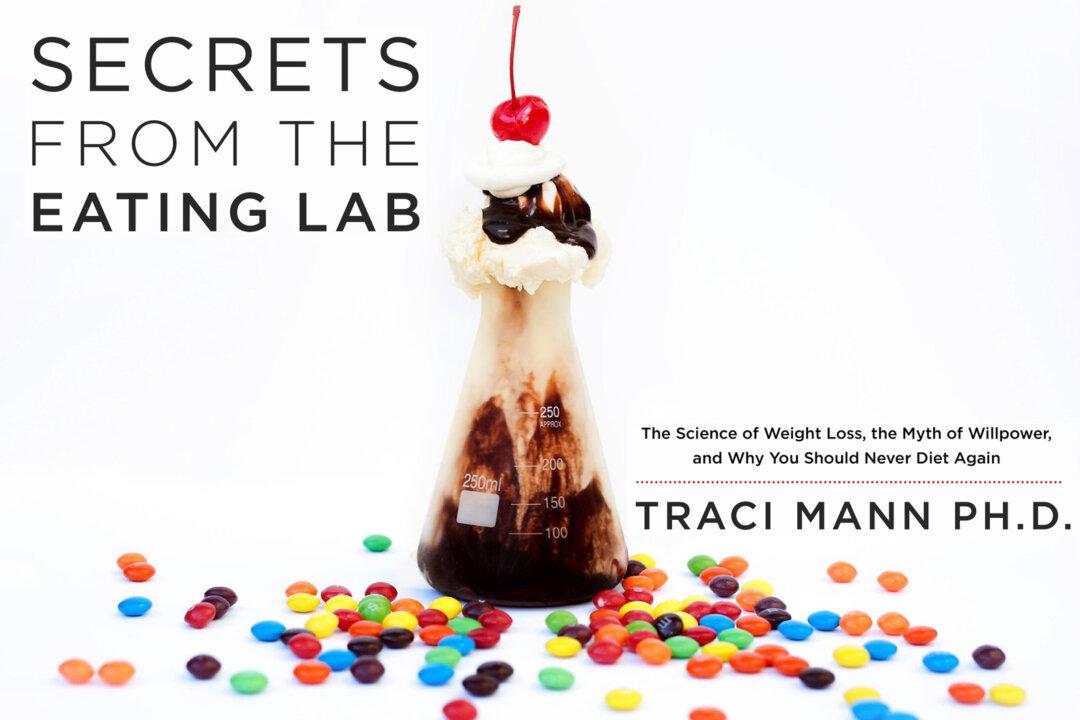She grabbed my attention when she said she felt angry when Oprah bought stock in Weight Watchers in October 2015. Dr. Traci Mann wrote “Secrets From the Eating Lab,” teaches at the University of Minnesota, and runs The Mann Lab.
I asked her for an interview. One of my life trajectories involves going from model scrawny to Julia Child queenly. I’ve thought about Weight Watchers. I’ve never pulled the trigger. Something held me back. Not my sincere love of pastry. Skepticism.
We talked on the phone. She was warm and unpretentious.
“The Oprah thing—I find it sort of a betrayal.” To Mann, Oprah was “supposed to be a model of empowered woman, of the inside mattering more than the outside.” Mann said she felt disappointed that someone with an amazing life, like Oprah, could not resist societal messages about dieting.
“And how old is she, (61) still worrying about her weight?” asked Mann.
Well, I’m 61, and still worrying about my weight. Last time I saw a doctor, he gave me the speech—that I was overweight, and should do something, and that it was not easy to do something, at my age. All my numbers were OK. Blood pressure, HDL, all those things. I smiled. The plump nurses smiled.
It might be better if doctors did not trot out that speech for a healthy person. “Exactly. That’s exactly what I am trying to get people to do—accept their God-given bodies,” said Mann.
Mann told me things I did not know. The risks of being overweight—even of being obese—are overstated. It’s correlation, not causality. Obese people may be sedentary, which really is dangerous, for example. It’s not weight itself that hurts their health. “People think ‘I’ve gained ten pounds. I’m going to die!’” said Mann.





